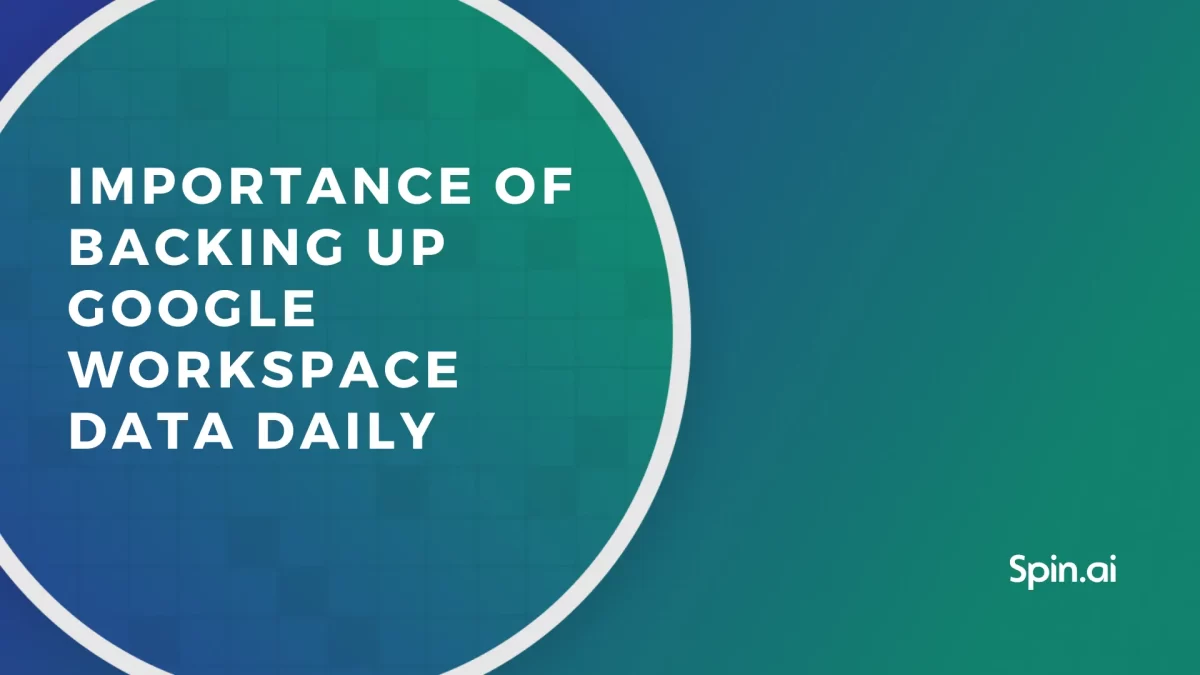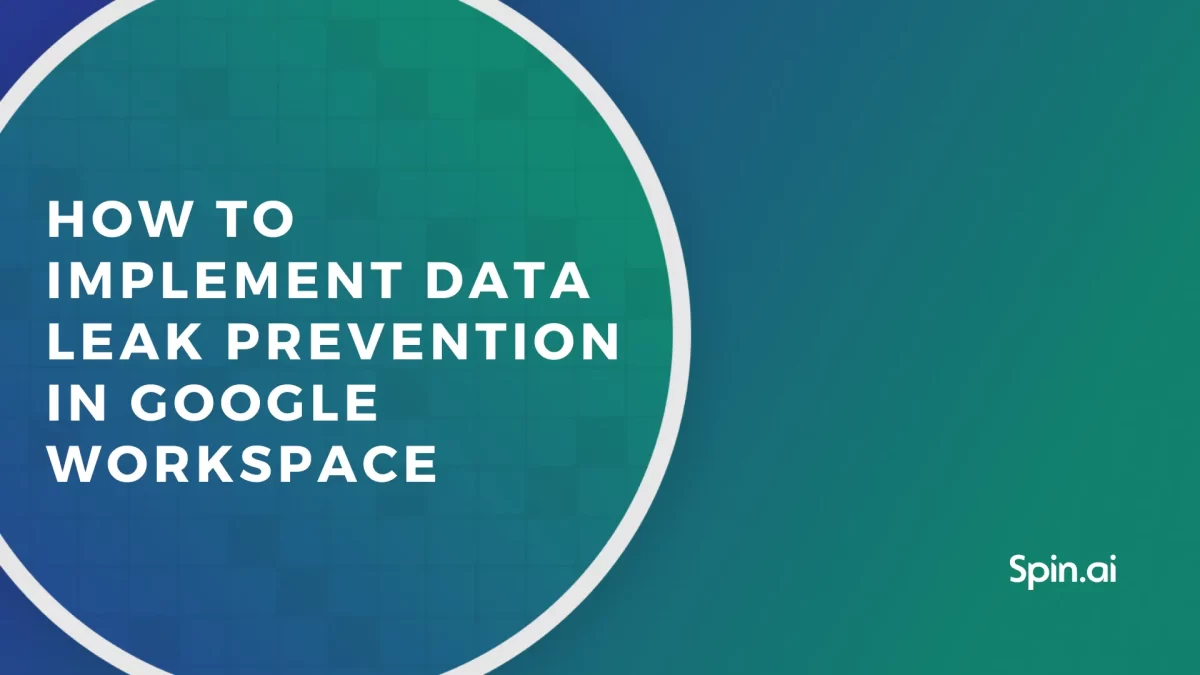Cloud Storage vs. Cloud Backup

When deciding between different cloud providers, it can sometimes be confusing to understand all the different terminology and to know exactly what type of cloud services you need.
Cloud storage and cloud backup are two of the most common services offered by cloud providers, but they each serve a similar but different purpose. Before signing up for one of these cloud services, it’s very important to understand the differences between them and to determine which will suit your needs best.
Cloud Storage
Cloud storage is intended as an extra storage medium for your files, either to free up local storage space, or to make it easier to access and edit files from different devices or to share files with other people.
Many cloud storage services can also be connected to third-party apps, which can help to increase your productivity and make it easier to collaborate with other users.
Files uploaded to cloud storage services are usually selected specifically by the user and make up a subset of the total collection of files on the computers and mobile devices belonging to that user. You wouldn’t normally upload every file on your computer to cloud storage as it’s not intended as a backup service.
Files may be uploaded on a one-off basis to the cloud and downloaded as needed, or the cloud backup may be synced to devices so that files are automatically updated in the cloud when they are edited on your computer.
Cloud storage services are usually designed to store a relatively small amount of data and you’ll normally be charged for the amount of storage you require (storing more data will be more expensive). Some also have limits on the size of individual files or the amount of data you can transfer daily, weekly, or monthly.
As the main priority of cloud storage services is to allow easy syncing and sharing, data security may not be as stringent as it is for backup providers, which make the privacy and security of their clients files top priority. For example, Dropbox has been criticized for not encrypting data as securely as some other services.
Cloud Backup
Cloud backup is designed to store a large amount of data, often all the files on a local computer or device including operating system files. Some cloud backup services offer an unlimited data allowance and they are optimized for transferring large amounts of data between your computer and the cloud (or cloud to cloud) quickly and efficiently.
Unlike some cloud storage services, there is unlikely to be a limit on the size of files that can be backed up and the amount of data that can be transferred within a certain time limit.
Files you upload to cloud backup are not intended to be accessed regularly as you may with cloud storage (although this facility is usually available too), but they provide an easy way to restore all your files in the event of data loss or corruption due to theft, physical damage, or a computer virus or malware.
Cloud backup services also usually provide an easy way to restore all your files after a data loss disaster and so recovery can be achieved much more quickly than downloading and recovering files from a cloud storage facility.
While cloud storage services are designed to be easy to use, they sometimes require that you store all your files to be uploaded to the cloud within a particular designated folder or folders on your computer (both Dropbox and Google Drive work in this fashion). This is fine for uploading a small amount of files but is not practical to backup everything on your computer.
Cloud backup on the other hand, will sync and upload every file and folder you choose to the cloud without any need to reorganize your files and you don’t need to worry about putting files into a particular folder in order for them to be backed up.
Which Service Do You Need?
If you are looking for an easy way to access all your files from different computers and mobile devices, share files with others, or you’re low on hard disk storage space for your large files like photos and videos, you should invest in a cloud storage service.
Popular cloud storage providers include:
While many people use these cloud storage providers as a type of backup and they can be useful for backing up a limited set of files (such as your photos), they are not designed to provide a full backup service.
One of the main problems with using a cloud storage service as backup is that you will not be protected from a user error. If you accidentally delete a file from cloud storage, it may be gone forever. Some services provide a failsafe allowing users to recover from an accidental deletion, but this is not always available and there is usually a time limit within when you must recover your files before they are permanently deleted (for example, G Suite user data can be recovered within 25 days of it being deleted, after which it is irrecoverable).
Collaborative cloud storage and sharing services are also not suitable for secure backup because the very fact that many users can potentially access the files, makes these services a less secure option than encrypted cloud backup
If your main requirement is to protect your files and backup your important data, there’s no substitute for a proper cloud backup service. There are many cloud backup providers to choose from and it can be confusing to determine which providers offer a high quality service and good value for money. Check out our guide, How to Choose a Cloud Backup Provider to help decide which is the best service for your personal needs and requirements.
Of course most users, particularly businesses and organizations with several employees, and the need to ensure that corporate data is backed up and secure, will actually need both of these types of cloud service – a cloud storage service such as Google Drive for easy access to files without going into the office and effortlessness collaboration with colleagues; and a cloud backup service such as Spinbackup to ensure these files are backed up, secure, and safe from accidental deletion or corruption.
Was this helpful?
How Can You Maximize SaaS Security Benefits?
Let's get started with a live demo
Latest blog posts
Importance of Backing Up Google Workspace Data Daily
January 23, 2024Many organizations today are heavily relying on cloud Software-as-a-Service offerings for business productivity, communication, and... Read more
Google Workspace in 2024: Key Updates and Features
December 14, 2023Google Workspace is constantly improving to bring new productivity features for businesses. In this article,... Read more
How to Implement Data Leak Prevention in Google Workspace
October 27, 2023Data leaks in Google Workspace can have severe legal, financial, and reputational implications for the... Read more


